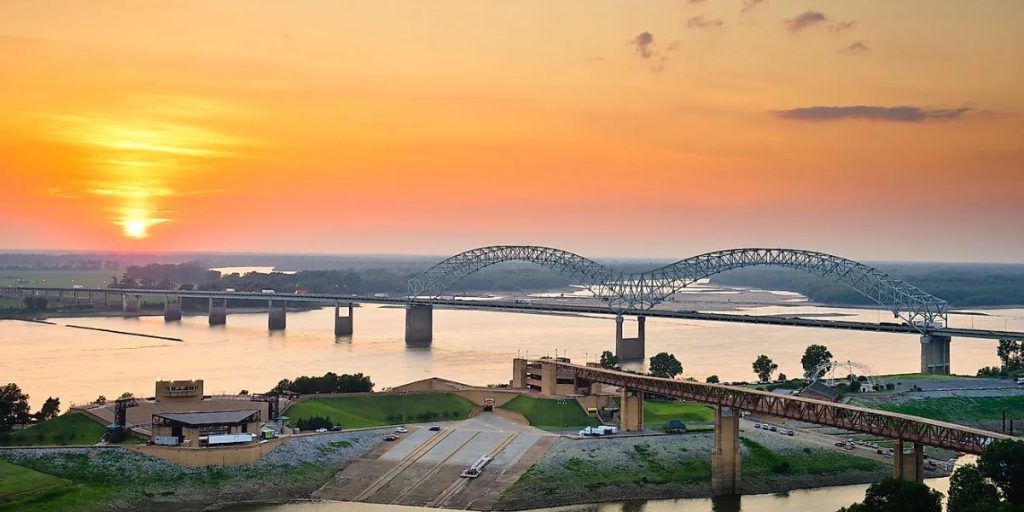The Mississippi River is a defining feature of the United States. It’s no surprise that this river is significant, given that it is the second longest in America. Even so, many people know little about the river or why it was named. It shares a name with Mississippi, the state, but which came first?
Today, we’ll learn about the Mississippi River, Mississippi the state, and which was named first. Let’s get started.
Which was named first, the Mississippi River or Mississippi State?

Native American tribes named the Mississippi River hundreds of years before the state was named.
Although there is no definite timeframe for the naming of the Mississippi by native tribes, it is evident that the river was named long before the state joined the United States Union. The contemporary French interpretation of the term emerged with the first missionary journeys to the region in the 15th and 16th centuries. Mississippi was first acknowledged as a US territory in 1798, and it was officially admitted as a state in 1817.
Where does the name ‘Mississippi’ come from?

Mississippi has its roots in the Algonquian and Ojibwe languages. The name is a mixture of the terms Misi and Zipi. Misi means “Great,” while zipi means “River.” The name is Misi-ziibi, which translates directly as Great River. That’s quite fitting!
The name Misi-ziibi may sound the same when pronounced today, but the word underwent a little modification before becoming the Mississippi we know today. French missionaries began trekking along the river, aiming to convert the aboriginal tribes that inhabited the vast area.
Interacting with the Native Americans led the French missionaries to refer to the large river they were traveling on in the same way that Native Americans did. Soon, a more French version of the word Misi-ziibi emerged. Within a few hundred years, the river was simply known as the Mississippi, which was not far from its original name, Misi-ziibi.
Also, Read:
- The Oldest Church in Virginia is More Than 300 Years Old
- Discover The Largest Nuclear Power Plant in Florida
Why was the state named after the river?

The Mississippi River’s cultural and economic significance is difficult to exaggerate. The river was critical for Native Americans’ farming, hunting, and transport, and it supported some of North America’s most complex communities. “Mississippian culture” ranged from the Great Lakes to the Gulf Coast and was so widespread that its effects can still be felt today.
When colonists began settling near the Mississippi River, they absorbed several aspects of this civilization, such as using the river to effectively cultivate and travel. During the early days of the United States, the area now known as Mississippi was predominantly used for farming and cotton crops maintained by slave labor.
In 1798, the United States acquired land along the Mississippi River from Britain and established the Mississippi Territory. This region grew and crowded, becoming completely reliant on the Mississippi River to transport cotton and other goods from the enormous plantations in the area. Finally, in 1817, half of the area was admitted as the State of Mississippi and the other half as the State of Alabama.
Read More: This North Carolina City is Now the Capital of Drug Smuggling
Conclusion
The Mississippi River was named by Native American tribes centuries before the state of Mississippi. The name originates from the Algonquian and Ojibwe languages, meaning “Great River.” The state’s cultural and economic reliance on the river influenced its naming, officially becoming a state in 1817, emphasizing the river’s historical significance.